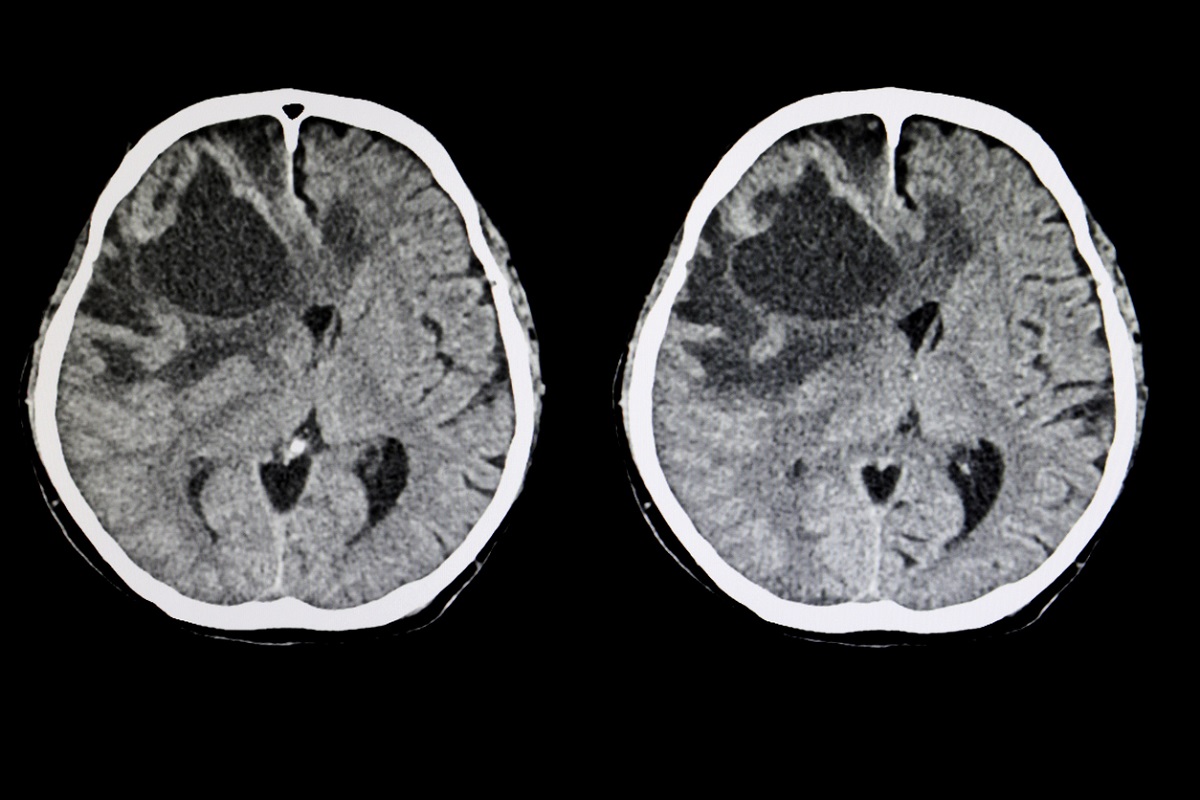The toll of the pandemic has not been limited to the Covid patients. The sufferers in disguise are the patients of non-communicable diseases, who have borne the double whammy of health deterioration for over a year.
Since most of the resources are directed to deal with the Covid-19 cases, such patients are now exhibiting the aggravated condition of their disease status. One of the most neglected cases of them is the patients of Cancer.
Advertisement
The inadequate medical services and non-follow-ups are leading Cancer patients to a condition involving their brains. Private hospitals are witnessing an increase in the number of patients with brain metastases after they missed follow-up of their cancer treatment owing to the coronavirus pandemic.
Moolchand Hospital has recently observed an alarming surge in cases of brain metastases. It is a condition when tumour cells of cancer, diagnosed elsewhere in the body, reach the brain. The condition occurs due to non-follow-ups in diagnosed cancer patients.
The hospital has seen 3 such cases in the last 6 months against none in the prior 6 months, while one patient succumbed to the illness as well.
The doctors there have observed that the lack of regular check-up among the cancer patient have aggravated their condition wherein tumour cells are found travelling from the source and infecting the patients’ brain.
“These patients were unable to access follow up for their cancer care. They were unable to go for imaging studies and follow up on their chemotherapy. Tertiary care for cancer patients was limited as all beds were turned into Covid beds. This shortage of access to cancer follow up along with the fear of Covid and the various lockdowns have to lead to a deluge of patients suffering from the aggressive spread of cancer,” said Dr Asha Bakshi, Senior Neurosurgeon, Moolchand Hospital.
The incidence of cancer cells spreading to the brain varies between 10-30%. The chances of survival in such conditions are very feeble. In most cases, the survival varies between 2 months to 7 months only.
Dr Bakshi said that Cancer patients need strict follow-up post-diagnosis
“It includes regular clinical examination, looking for symptoms of the spread of disease, imaging and lab work periodically along with appropriate chemo or radiotherapy. However, during the pandemic and the second wave of the delta variant of Covid, limited access to hospitals due to re-prioritisation of resources towards Covid patients has had a serious adverse effect on the non-Covid patients,” she elaborated.
Another hospital said people delayed procedures which led to an aggravation of their problem.
“With people delaying procedures, their illnesses got aggravated and now when they are coming to hospitals for surgeries, the operative procedures they have to undergo are more complex. Even though the number of patients has increased, some hospitals here have said the number of elective surgeries is still much lower as compared to pre-Covid times,” said Dr Aashish Chaudhry, MD, Aakash Healthcare, Dwarka.
Dr Madhu Handa, Medical Director, Moolchand, stressed the need to incorporate protocols keeping future pandemics in view, which can ensure adequate access to health care for all.
“The pandemic has taken its toll on Covid patients and more so on non-Covid patients in particular those with cancers. Future pandemic lessons should incorporate protocols to sustain continued healthcare for all,” she said.











